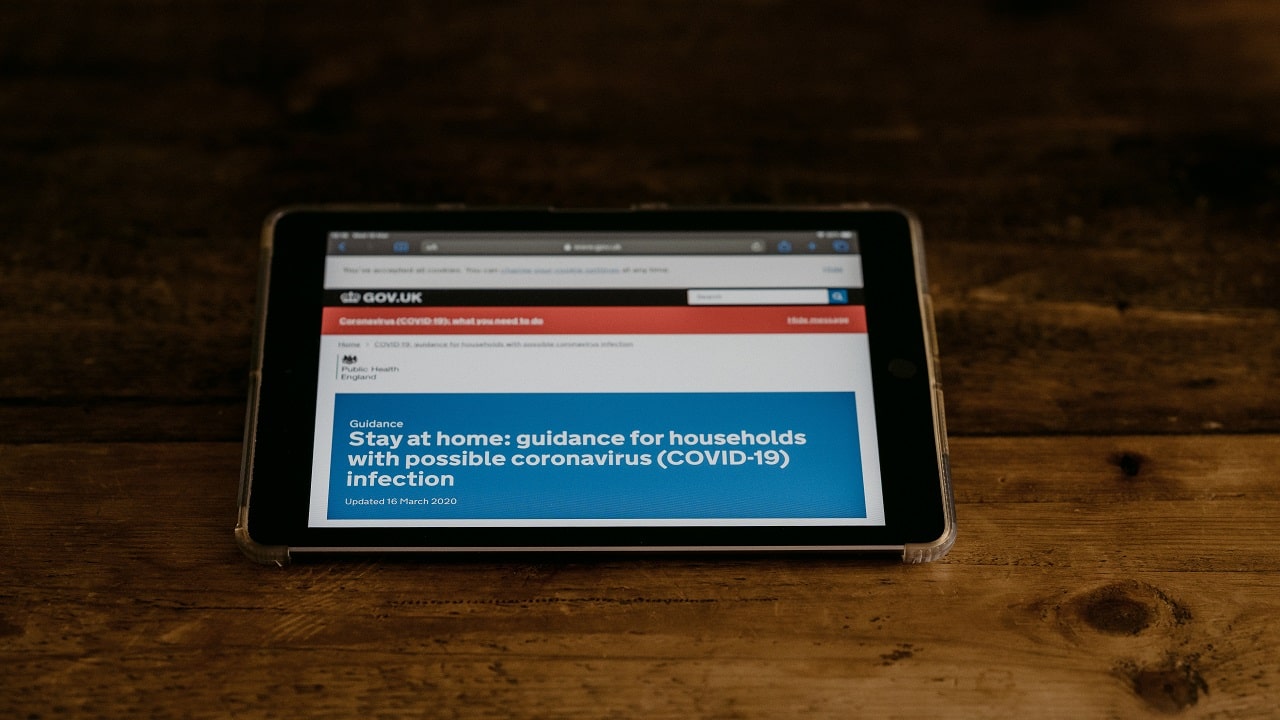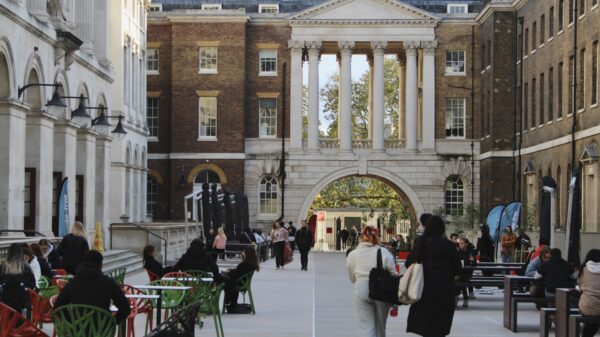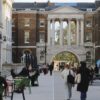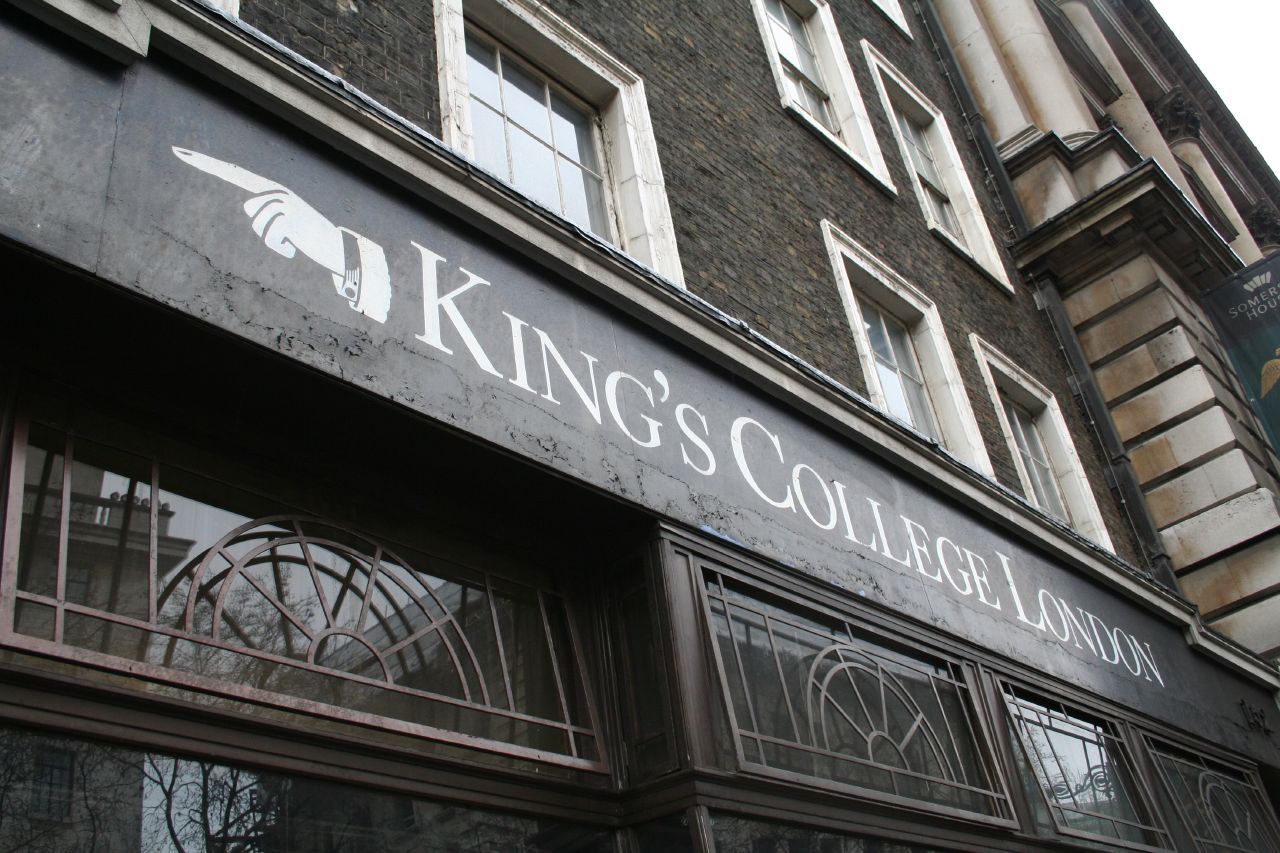Roar writer India Dunkley on the privilege and inequalities that can make following the law harder during the Covid-19 pandemic.
Perhaps from where you’re sitting, the pandemic appears indiscriminate; bitter and choking, but random, nonetheless. If that’s the case, then that’s good news for you. I’d imagine, like everyone, your life has been somewhat disrupted by the pandemic, but hope for better days coupled with an un-dying, religiously law-abiding dance, makes enough hope today to get to tomorrow. I am by no means mocking or discrediting these efforts. They are, of course, essential; they are a stranger’s lifeline. Yet, let us not forget they are also, most fundamentally, a privilege.
I fear this privilege is what is forgotten when Boris Johnston bounces onto our screens time and time again, reducing us to tiers, revaluating the tiers and finally locking us down in the most indiscriminately discriminate fashion. That monolithic monotony of that slogan: “Stay At Home, Protect the NHS, Save Lives” is enough to coax the majority of the above mentioned “you” into believing that this pandemic is disadvantaging every person in the same way and to the same extent. The truth is that it undoubtedly is not. This pandemic serves, like so much else, to polarise and heighten pre-existing inequality within society.
You may have seen a clip in the past few weeks circulating online of MP Charles Walker addressing parliament in what can only be described as a polemic plea for the House to consider those less fortunate than themselves during this time. Walkman is the MP for Broxbourne and, whilst the extent of his view on this pandemic are controversial and somewhat dubious, this particular speech, presenting why he could not support the lockdown, I found highly compelling.
In it, he called for members of the House to acknowledge their own privilege and their ease in adhering to the law of the pandemic. This is something which is grossly and shamefully overlooked: the fact that for some people it is far easier to abide by the law than it is for others.
Consider, for example, your financial position. This is perhaps the most obvious disadvantage faced by many. Ask yourself this: if you were to find yourself in a position where you lived in central London and needed to get to a hospital on the other side of the city but were vulnerable: can you afford an Uber?
Or perhaps you have a car. If this is the case, then consider the fact that you are far less likely to contract the virus than if your only option was to get to your appointment by public transport. This is already a deeply problematic notion. But it gets worse, because that vulnerable person may feel that their safest option is to either miss the appointment or risk pooling a lift from a friend. Currently, the latter option breaks the law. The absurdity of this is overlooked and the inequality completely ignored.
It isn’t just direct financial inequality: there is also a growing problem of information distribution. It is often assumed that information is universally accessible and equal for all. The fact is that over 1.5 million households in the UK don’t own a television. Of course there are a multitude of other information sources, but with the rapid decline of printed news, the biggest gap tends to be filled by social media.
Without getting into an existential debate about the objectivity of truth, the fact is that some sources are simply just more credible than others. Put simply, my heart breaks for the children being brought up by Qanon-worshipping parents: the truth is that these children don’t stand a chance. In a world where there is such pre-existing inequality, privilege and division, the pandemic has created a breeding ground for misinformation, fake news, and brainwashed belligerents.
The domestic dynamic created by working-from-home is perhaps the consequence of lockdown you’re finding most grating at the moment: internet issues, the scramble for workspace, the taxing amount of screen time. These are all credible hindrances which result in no tangible requirement to break the lockdown rules.
Consider, for example, that as a complete accident of birth, you were born into an abusive household. I’m not referring to what can perhaps be called “black and white” episodes of abuse. My reference is more to those who live just slightly below the “abuse lineâ€. Perhaps it’s not quite enough to trigger help from external bodies but, nevertheless, it can make a person’s life profoundly difficult.
Perhaps this person living just under this abuse line, in normal times, depends purely on the liberty of frequent and assured escape – whether that be to a friend’s house or to see another family member. This lockdown has criminalised this very act of self-protection. Personally, I could never, with a light conscience, judge or report a stranger seeking help in the knowledge that their ability to abide the law is just simply not the same as mine.
Since 2010, the average salary of an MP in the British House of Commons has steadily risen from £65,738 to a staggering £81,932 as of last year. These figures may not surprise you. You may even think they are justified, but that’s not the issue at hand here. What’s behind the numbers is what counts: houses with big gardens, private tutors for children, online food shops, the latest technology and super speedy internet connection. Money buys comfort. This pandemic is not comfortable for so many and thus privilege and inequality are undeniably problems of this pandemic.
So, if you are one of those people, righteously performing your dance and casting judgement onto those who are unable to move with such ease, perhaps it’s time to take stock of more than just your facemasks. Perhaps it’s time to start taking stock of your abundant privileges, starting with your ease of movement in such stagnant times.















